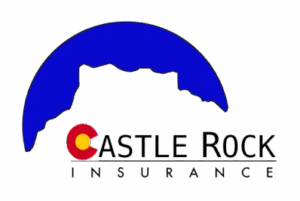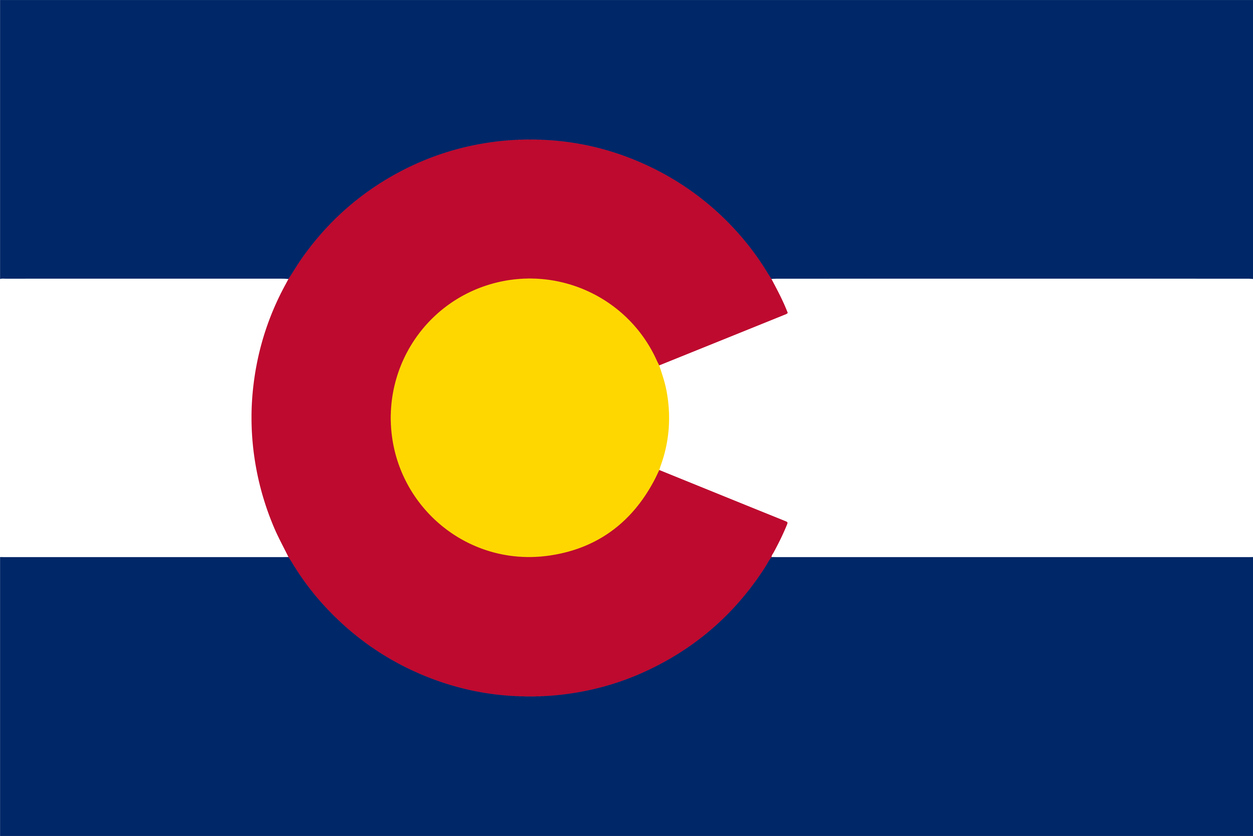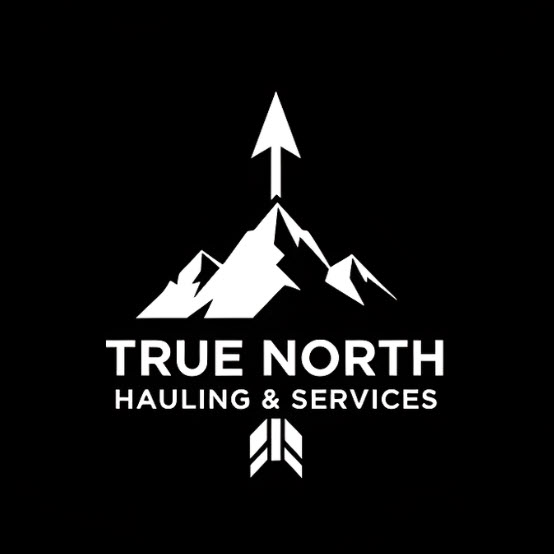Colorado homeowners are increasingly looking for practical ways to save on insurance without giving up coverage quality. One of the most effective options for many households is bundling home and auto insurance. When done right, bundling can lower overall costs, simplify coverage and sometimes open access to carriers that may not be available with a standalone policy. The goal is to help homeowners compare options clearly and build coverage that fits their home, their vehicles and their budget.
Insurance in Colorado has become more challenging in recent years, especially in areas affected by wildfire risk. Fire zones, frequent hail events, higher rebuilding costs and rising vehicle repair expenses have pushed premiums higher and reduced carrier availability.
These pressures make strategy more important than ever. Homeowners benefit from reviewing mitigation details, understanding carrier appetite and positioning policies in a way that supports affordability and long-term stability.
How Much Can You Save by Bundling Home & Auto Insurance in Colorado?
Savings from bundling home and auto insurance vary by household and carrier, but many Colorado homeowners see meaningful reductions when both policies are placed together. Most insurers apply a multi-policy discount that commonly falls between 5% and 20% across the combined premium. In some cases, savings can be higher depending on the carrier and overall household profile. Your results depend on home value, vehicle type, coverage limits, deductibles, driving history and location.
Home & Auto Insurance Bundles in Colorado High-Risk Fire Zones
For homeowners in higher-risk fire zones, the value of bundling often goes beyond the immediate discount. Many standard insurance carriers are more willing to offer or continue homeowners coverage when auto insurance is included. Bundling does not guarantee approval, but it can improve eligibility and help households access coverage that may not be available with a standalone home policy. Over time, this can reduce the likelihood of sharp premium increases and lower the risk of being pushed into higher-priced markets.
Wildfire exposure has reshaped homeowners insurance across Colorado, especially in foothills, mountains and open-space communities. Many standard carriers now limit or pause standalone homeowners policies in higher-risk fire areas, even when homes are well maintained and mitigation measures are in place. In these locations, bundling home and auto insurance does not ensure approval with a standard carrier. However, it can significantly improve the chances of securing coverage and is often far more affordable than excess and surplus options.
Some insurers will only consider homeowners coverage when auto insurance is placed with them as well. By spreading wildfire risk across multiple policy lines, bundling better aligns a household with current underwriting expectations and often represents the most practical first step before exploring surplus lines. Bundling can also support long-term stability. Carriers are generally more willing to maintain relationships with bundled households that show a loss-free history and ongoing mitigation efforts. Without a bundle, homeowners in fire-exposed areas may face higher premiums, fewer available options, or placement with excess and surplus carriers as underwriting continues to tighten.
Common Questions About Home & Auto Bundles
Does bundling always lower my premium?
Not always in a simple or immediate way. Some households see a clear premium reduction right away through multi-policy discounts. Others see value through improved coverage terms, better deductibles, or access to carriers that may not quote a standalone home policy. The most important measure is the total household cost and how stable that cost remains over time.
Can I bundle if my policies renew at different times?
Yes. In many situations, auto insurance can be moved mid-term or timed to align with a home policy renewal. Carriers often allow short-term adjustments, so both policies renew together. The process is usually coordinated to avoid coverage gaps, penalties, or unnecessary overlap.
What if my auto insurance is already inexpensive?
Even a low-cost auto policy can still add meaningful value in a bundle. Many insurers view auto insurance as a core part of household risk. Including auto can make a carrier more comfortable offering homeowners coverage or more flexible underwriting terms, especially in competitive or higher-risk areas.
Can bundling help with renewals?
Often yes. Bundled households are commonly viewed as more stable and longer-term clients. Carriers may be more inclined to renew bundled policies and maintain pricing consistency compared to standalone home policies, particularly in regions where underwriting rules are tightening.
What types of carriers offer the strongest home and auto bundle advantages?
Bundle benefits vary widely by carrier and are not always advertised as simple percentage discounts. Many of the carriers Castle Rock Insurance and its partner agencies work with are designed to reward households that place multiple policies together rather than treating each policy as a standalone transaction.
National and regional standard carriers such as Auto-Owners Travelers Safeco and Progressive often provide formal multi-policy credits when home and auto are written together. In many cases these carriers also apply more flexible underwriting guidelines to bundled households which can be just as valuable as the visible premium reduction.
High-value and specialty carriers such as Chubb PURE and Cincinnati Insurance approach bundling from a broader risk perspective. The benefit is often improved eligibility better deductibles higher liability limits and more stable renewals when auto home and umbrella policies are placed together which can be especially important in higher-risk or complex households.
Get a Home & Auto Bundle Quote Today!
Castle Rock Insurance proudly supports Colorado homeowners and drivers seeking reliable insurance solutions. We work with licensed insurance professionals who understand Colorado-specific risks like wildfire exposure, hail damage and winter driving conditions.
By exploring bundled home and auto options, we help you protect your property, vehicles and financial future while navigating a challenging insurance market. If you are considering bundling or want a second opinion on your current setup, contact Castle Rock Insurance today to request a home and auto insurance quote.





